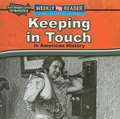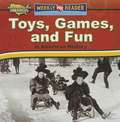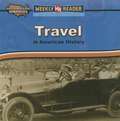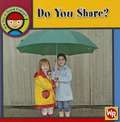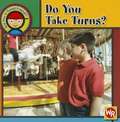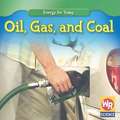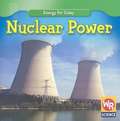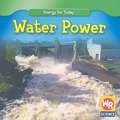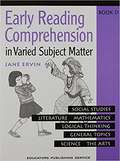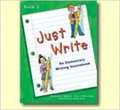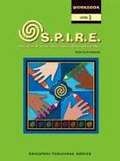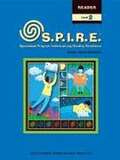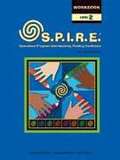- Table View
- List View
Keeping in Touch in American History (How People Lived In America)
by Dana RauThis book traces the history of delivering news and messages over the years.
Toys, Games, and Fun in American History (How People Lived In America)
by Dana Meachen RauTraces the changes in the way Americans have amused themselves and the growth of leisure time from colonial times to the present, and describes the technological and social developments behind these differences.
Travel In American History (How People Lived In America)
by Dana Meachen RauAn account of the ways people travel-- from the earliest means to the most recent.
Do You Share? (Rise And Shine)
by Joanne Mattern National Geographic Learning StaffAre You a Good Friend? introduces beginning readers to social values and behaviors that are important for developing and maintaining successful friendships in the social communities of home, school, and play.
Do You Take Turns? (Rise And Shine)
by Joanne Mattern National Geographic Learning StaffSimple text explains how everyone can be a better friend by taking turns so that everyone gets what they need.
Oil, Gas, and Coal
by Tea BenduhnOur lives would be very different without oil, gas, and coal. These fossil fuels help heat our homes, turn on our lights, and power our cars and trucks. But they also damage our environment-and they won't last forever. Learn how we use these energy sources today and find out how we might use them with cleaner sources of energy in the future.
Nuclear Power
by Tea BenduhnSometimes big things come in tiny packages. Atoms are the smallest forms of matter, but they can release huge amounts of energy. Today, about 20 percent of our electricity comes from nuclear power. Learn we use nuclear power today and how scientists are working to make it a safer energy source for the future.
Water Power
by Tea BenduhnIf you've ever seen a crashing ocean wave or a rushing waterfall, you've seen water power in action. People have used flowing water to do work for centuries. Today, water power is a dependable resource for making electricity. Learn why water is such a great source of energy and the different ways we might use it in the future.
Early Reading Comprehension in Varied Subject Matter: Book A
by Jane ErvinThis series has a consistent format that allows students in the same class to use different levels. It builds reading comprehension skills, contextual vocabulary skills, and provides cross-curricular reading practice via content-area topics.
Early Reading Comprehension in Varied Subject Matter: Book B
by Jane ErvinThis series has a consistent format that allows students in the same class to use different levels. It builds reading comprehension skills, contextual vocabulary skills, and provides cross-curricular reading practice via content-area topics.
Book D: Early Reading Comprehension in Varied Subject Matter
by Jane ErvinReading passages with follow up comprehension, sequencing, vocabulary and synthesizing information for elementary students.
Just Write: Creativity and Craft in Writing (Just Write Series #Book 2)
by Alexandra S. Bigelow Elsie WilmerdingThis book was written for your enjoyment. Have fun discovering different ways to write! Before you begin any exercise, please take the time to flip through the entire book.
S.P.I.R.E. Workbook Level 1
by Sheila Clark-EdmandsA multisensory reading system for struggling readers. Lessons balance visual, auditory, and kinesthetic modalities to improve memory and learning. Features include more decodable text than any other program.
S.P.I.R.E. Workbook Level 2
by Sheila Clark-EdmandsA multisensory reading system for struggling readers. Lessons balance visual, auditory, and kinesthetic modalities to improve memory and learning. Features include more decodable text than any other program.
S.P.I.R.E. Blackline Masters for Instruction and Assessment, Level 2
by Sheila Clark-EdmandsNIMAC-sourced textbook
S.P.I.R.E. Blackline Masters for Instruction and Assessment, Level 4
by Sheila Clark-EdmandsNIMAC-sourced textbook
